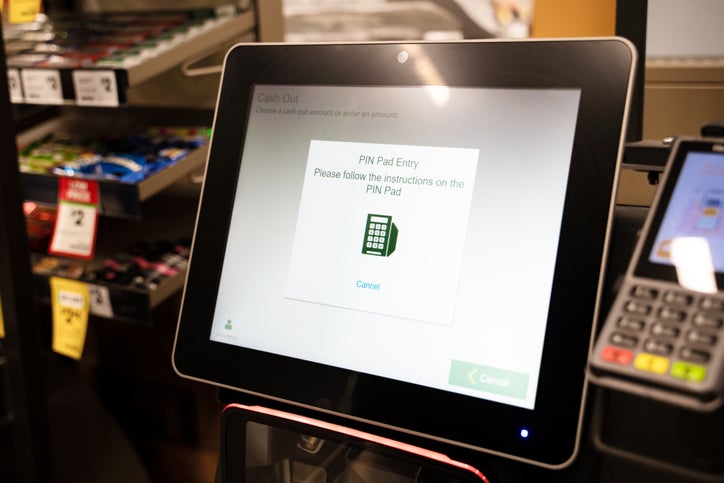
Not long ago, peak oil referred to maximum oil production – the point at which the world’s oil fields could no longer keep pace with rising demand.
Today, peak oil is all about the end of growth in demand for oil.
Technologies such as fracking and directional drilling now mean that producers can reach previously inaccessible reservoirs, removing access to oil as a limiting factor. And the primary constraint facing producers is the cost of getting the oil out of the ground rather than a finite limit to reserves.
Emerging technologies such as renewable energy, electric vehicles and digitalisation are reducing our need for oil, making demand the defining factor to the future of oil rather than supply.
When will we reach peak oil?
Most people now agree that peak oil is coming. The question is ‘when?’
It is not possible to say with any confidence when we will reach peak oil – Opec says demand will continue to grow until 2040, others say that growth in demand will end in the mid-2020s.
How well do you really know your competitors?
Access the most comprehensive Company Profiles on the market, powered by GlobalData. Save hours of research. Gain competitive edge.

Thank you!
Your download email will arrive shortly
Not ready to buy yet? Download a free sample
We are confident about the unique quality of our Company Profiles. However, we want you to make the most beneficial decision for your business, so we offer a free sample that you can download by submitting the below form
By GlobalDataFor Middle East oil producers, particularly those in the Gulf, the issue is strategically vital.
With oil exports driving the vast majority of their national revenues, above 80% in some cases, and biggest proportion of GDP, any decline in oil demand will have a critical impact on long-term development.
That is why the region’s leading oil producers are already beginning to prepare for life after peak oil.
Diversifying energy sources
A huge increase in investment in renewable, alternative and clean energy in recent years reflects an acknowledgment that fossil fuels and renewables need to coexist.
While the desire to develop income streams other than crude oil exports is seeing the launch of a new generation of downstream projects, from new greenfield petrochemicals facilities and refinery expansions to the integration of existing refineries with new petrochemical plants.
Together, these new strategies will see the diversification of national and international oil companies into more diversified energy companies, with activities stretching from oil production and solar energy to technology development and plastics production.
And as they seek to drive profitability, the diversification drive will also see vertical integration of previously separate industries, standardisation and design simplification, and the introduction of disruptive business models and new technologies.
For business in the Middle East, peak oil means that everything is changing. And now is the time for companies working in or with the region to prepare for it.
This article is sourced from Verdict’s sister publication www.meed.com, a leading source of high-value business intelligence and economic analysis about the Middle East and North Africa. To access more MEED content register for the 30-day Free Guest User Programme.







